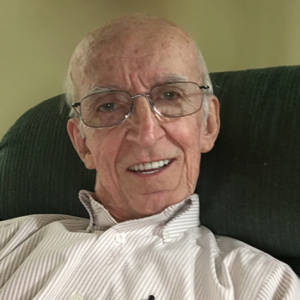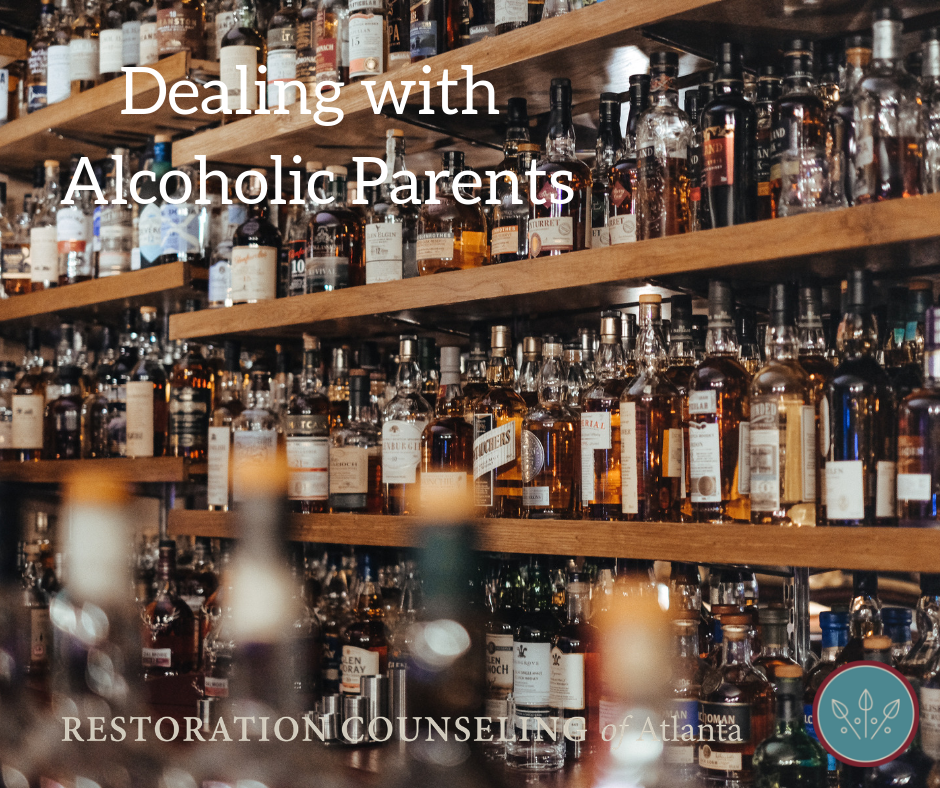It is not uncommon in a family session for the exchange between clients and an addictions counselor talking to clients dealing with alcoholics to begin like this:
Why are we here?
We think our mother has a drinking problem, and we don’t know what to do about it.
Fair enough. Where is your mother, and can you tell me why she isn’t here?
We didn’t want to upset her.
Does she know you’re here?
If she knew, she would be mad.
We’re just 30 seconds into the session and already we’ve identified two problems: (1) Mom may or may not have a drinking problem, and (2) her adult children, who may be married with children of their own, are afraid of her.
They are what we call ACOA’s, which stands for adult children of alcoholics, and with only that much information, we can safely assume that they have grown up in a family that operates according to a set of unwritten rules designed to preserve the status quo. In this case, the status quo is an environment that accommodates addiction. Accommodating addiction means accommodating the addict, allowing the least qualified member to determine the way the family operates.
Unspoken Rules
There are rules governing families that live with addiction. These rules were not taught explicitly but were learned as the children grew and developed, immersed in a dysfunctional system. This method of learning is the method by which we learned to speak English. We did not go off to school to be taught the language, but by the age of three or four, we had become fluent speakers. Years later it is virtually impossible to forget English, especially if we remain constantly exposed to it. In the same way, children learn a language, the children of alcoholics learn to abide by three unspoken directives.
- Don’t talk.
- Don’t trust.
- Don’t feel.
Don’t Talk
Don’t talk does not mean maintain silence at all times. Someone has to say pass the catsup. Rather, it means not confronting or not talking about serious problems. There is an elephant in the room causing all sorts of difficulties, yet no one so much as says there’s an elephant in the room. Over time the don’t talk rule becomes generalized and family members become isolated individuals who interact superficially. An air of anxiety develops because no one is sure what it’s okay to talk about. Be careful what you say or you’ll be sorry. The silence leads to secret keeping and dishonesty permeates the air.
Don’t Trust
Rule number two grows out of number one. Not knowing what is safe to say makes outsiders appear dangerous and not to be trusted. Expressions like it’s nobody’s business what goes on in this house become words to live by. Children of alcoholics often have good reason to exclude others because there is so much dysfunction in the family that they are ashamed to bring friends home. Loneliness sets in and with no one to talk with and no one to trust, the opportunity to learn ways of coping with difficult situations is severely limited.
Don’t Feel
Finally, because these two rules produce so much emotional pain, rule number three is the inevitable necessity. Since they haven’t learned methods of solving problems and resolving differences, individual family members have no recourse but to turn to pain-killers such as drugs or alcohol. This would account for the fact that addiction often runs in families. When drugs and alcohol are not acceptable responses to the pain of isolation, then one learns to abide by rule three: don’t feel.
Far fetched though it may seem, people can learn to stop feeling the pain. The process is known as repression, which uses the brain’s capacity to unconsciously suppress certain responses so that when asked what he is feeling, the ACOA’s answer is I don’t know. Such individuals readily become depressed.
Even if he were in touch with his feelings, rules one and two dictate that he must not talk about them nor trust you with them. When the you is a counselor, the therapy may be doomed to failure if the counselor is not aware of this dynamic of dysfunctional, addicted families.
But what about the family we left waiting for instructions on what to do about mom and her drinking problem? Experience tells us that these people will not follow direction, especially when the first directive will be to break the rules. Why won’t ACOA’s break the family rules? For the same reason you won’t run through red lights at 60 miles per hour or drive on the wrong side of the road. Breaking rules generates anxiety because we believe that something bad will happen when we do.
Before this family can take on mom and her drinking problem, each of them must get in touch with his own feelings and become comfortable with talking about them with one another. This will lead to trusting one another and the discovery that breaking the old rules do not lead to disaster. The ideal medium for this is group therapy, and the necessary group is the family that has already assembled.
So, since we’re all gathered here right now, we might as well get started. Just don’t expect the therapist to fix mom (the elephant that is not in the room.)
 by Patrick Caffrey, LPC
by Patrick Caffrey, LPC
Roswell and Woodstock locations
pat@restorationcounselingatl.com, ext. 114
Patrick Caffrey, LPC is a therapist at Restoration Counseling of Atlanta in Roswell, Georgia, where he counsels adults who struggle with alcoholism and other forms of substance abuse, as well as related family issues. These include adult children of alcoholics (ACOA) and persons who are codependent. Pat has also written and published three books addressing the subject of addiction. His books are available through www.amazon.com or may be purchased at the Roswell office.

